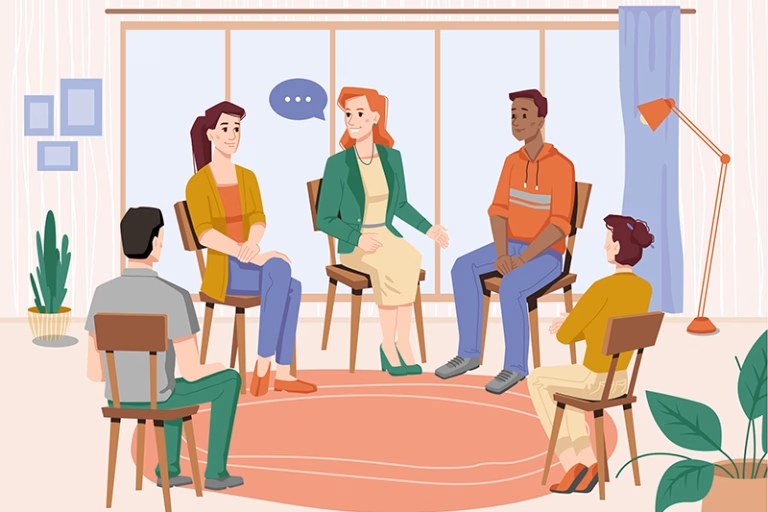When faced with uncertainty, most of us try to make sense of things. We search for explanations, weigh up what feels right, and eventually settle on an answer. This everyday process is what psychologists call lay epistemology — a theory by Arie Kruglanski that explores how people form and maintain their beliefs.
What does it mean?
The word lay simply means “ordinary” or “everyday.” The theory suggests that each of us, without realizing it, acts like our own scientist when making decisions about what is true or not. We generate explanations, check them against what we know, and eventually “freeze” on one that feels convincing.
Why do we do this?
Two main needs shape the way we come to conclusions:
- The need for closure – a desire for quick answers, especially when uncertainty feels uncomfortable.
- The need for accuracy – a wish to get things right, even if it takes longer to decide.
Depending on the situation, one of these needs may take over. For example, if you’re stressed and want clarity, you may accept the first explanation that seems to fit. If you have time and space, you might explore further before deciding.
Everyday examples
- A friend doesn’t return your call. You might quickly conclude they are upset with you (closure), or you may consider other possibilities like busyness or a lost phone (accuracy).
- In times of crisis, people may cling to strong but oversimplified beliefs because it feels safer than sitting with uncertainty.
Why is this useful in counselling?
In therapy, exploring how clients form and hold onto beliefs can be a powerful tool. Sometimes distress is linked to premature closure — settling on a negative explanation without checking alternatives. Other times, the pressure for accuracy may become overwhelming, leading to indecision and anxiety.
By understanding lay epistemology, clients can:
- Recognize how their mind seeks certainty.
- Notice when they are rushing to conclusions.
- Practice slowing down and considering alternative perspectives.
A takeaway
Lay epistemology reminds us that belief-making is not just about facts — it is about our needs, our comfort with uncertainty, and the shortcuts we take to feel safe. Counselling provides a space to explore these processes and create more balanced, flexible ways of thinking.
Ready to begin? Start your online therapy journey today. Book your first session now.




